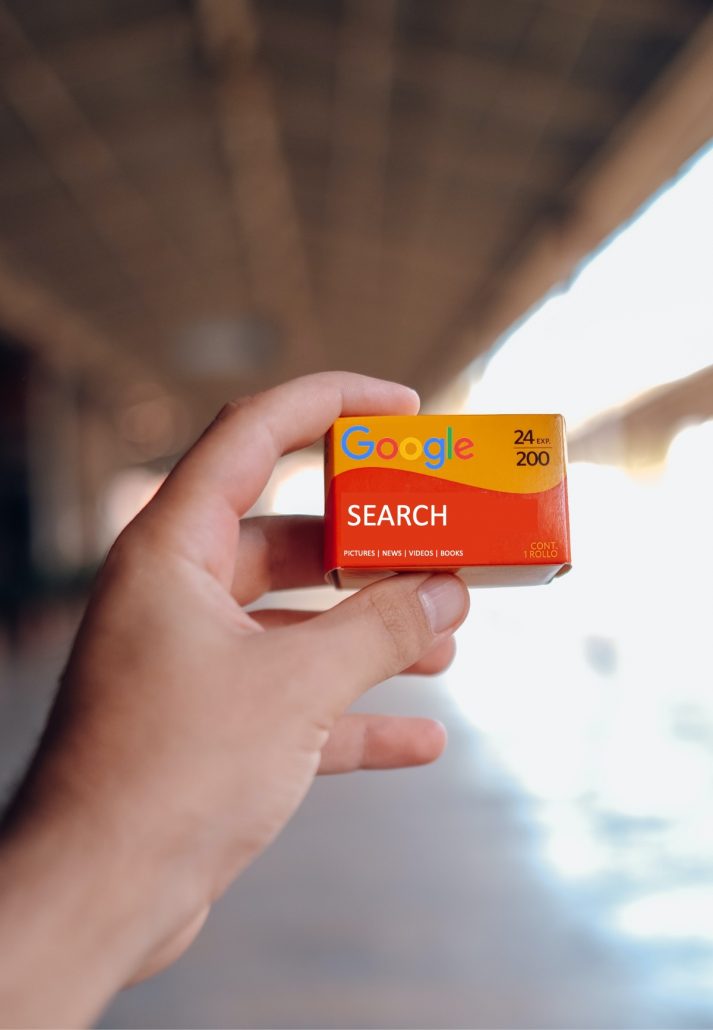For years, Kodak was the prime example when it came to explaining the rules of disruption. The company developed the first digital camera in the 1970s, but never introduced it to the market. Kodak did not want to cannibalize its business as the global market leader in film material with a new technology.
Is ChatGPT to Google what the rise of the digital camera was to Kodak? And can tech giants from Silicon Valley be disrupted – even though they consider themselves the big disruptor? Let’s check the rules of disruption.
Google has cemented its overwhelming market share over the past two decades. In Germany alone, 93 out of every 100 online searchers now use Google. Google’s revenue, steadily increasing since it’s very beginning, was approximately $280 billion in 2022. The business model behind the free search functionality is advertising. And it was doing really well with that – perhaps too well. No reason to change anything. Users would surely forever want to search the way Larry and Sergey had once defined it: a minimalist page, a rectangular search window, a list of results showing sponsored answers or particularly good SEO-polished pages at the very top. Every other Google search product followed the same logic: images, videos, news, etc.
First rule of disruption: creating real value
And this is where basically the rule of disruption kicks in first: creating real value for the customer. ChatGPT simplifies the question-answer principle: there is only one answer. The user does not have to continue searching or scrolling or – and this is even more tedious – evaluating different sources. In principle, this corresponds to the 1-Click-Buy at Amazon. Humans want to put in as little effort as possible. ChatGPT shows us how AI can now make that possible in search.
Disrupting: by breaking the dominant industry logic
Another rule of disruption: breaking the dominant industry logic. New technologies create new opportunities and therefore ultimately new business models. ChatGPT will be offered as a subscription model in the US. You.com, another AI-based search engine due to launch in the next few months, is also considering a subscription model.
How will this change our internet? And thinking much further ahead, how will all the content continue to change? Will there be content that the new search engines can no longer crawl for free? What will happen to the service providers who optimize websites, texts, images and so much more for Google’s search algorithm? What is it they will boost in the future? And on the other end: How can businesses ensure that they can still be found?
Rules of disruption: sweeping transformation
Until now, the platform principle of the digital economy has functioned according to the motto: open, free, accessible. Will not only the biggest player in the market now be disrupted by a supposedly better technology, but also the previous rules of how online business works? Do the rules of disruption apply here?
Amara’s law says: Technology is something we overestimate in the short-run and underestimate in the long-run. It seems to fit in this discussion here: The question of whether Google will become the new prime example for disruption will probably be answered by them in the next year or two. The question of how our internet will change due to AI (and I firmly believe that it will) will probably be answered over a longer period.
Disruption is core to Business Model Innovation. Discover how we understand and apply Business Model Innovation successfully.
